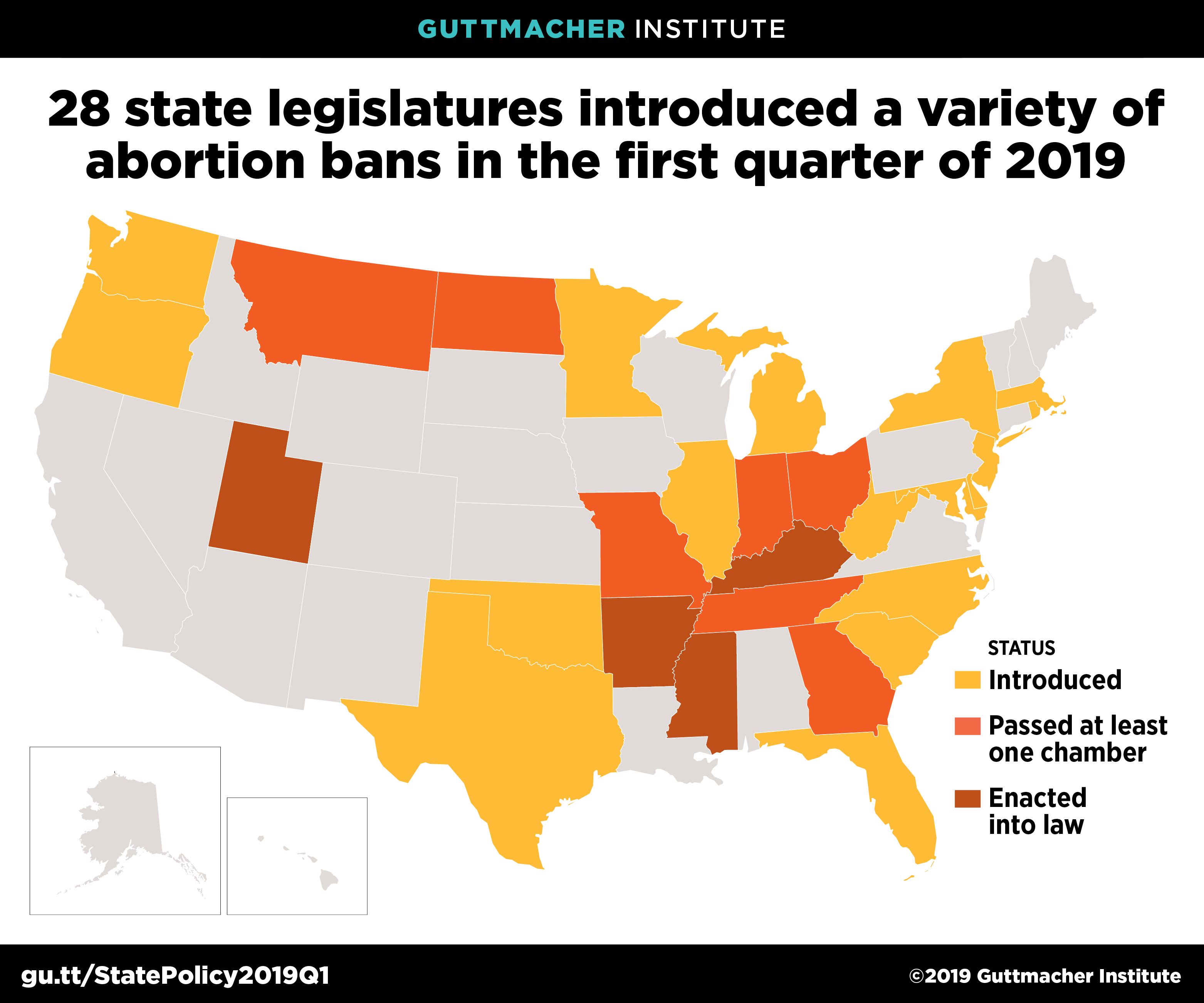Abortion Laws by States
Abortion laws in the United States vary by state, with some states having more restrictive laws than others. The legality of abortion is a controversial and highly debated topic in the country. While some states have passed laws protecting women's right to choose to have an abortion, others have passed laws restricting access to the procedure or banning it altogether.

State Laws on Abortion
States with Most Restrictive Abortion Laws
Some states have passed laws that severely restrict access to abortion, including:
- Alabama
- Arkansas
- Georgia
- Indiana
- Kentucky
- Mississippi
- Missouri
- North Dakota
- Ohio
- South Dakota
- Tennessee
- Texas
- Utah
- West Virginia
- Wyoming
Advantages and Disadvantages
While these laws are intended to protect the lives of unborn children, they have been criticized for limiting women's access to safe and legal abortions. Proponents of these laws argue that they are necessary to protect the rights of the unborn, while opponents argue that they are unconstitutional and violate women's rights to bodily autonomy.
States with Least Restrictive Abortion Laws
Other states have passed laws that protect women's right to choose to have an abortion, including:
- California
- Colorado
- Connecticut
- Hawaii
- Illinois
- Maine
- Maryland
- Minnesota
- Nevada
- New Hampshire
- New Jersey
- New Mexico
- New York
- Oregon
- Vermont
- Washington
Advantage and Disadvantage
While these laws protect women's access to safe and legal abortions, they have been criticized for being too permissive and not doing enough to protect the rights of the unborn. Proponents of these laws argue that they are necessary to protect women's rights to bodily autonomy, while opponents argue that they are unconstitutional and violate the rights of the unborn.
FAQ
Q: What is the current legal status of abortion in the United States?
A: The legal status of abortion varies by state, with some states having more restrictive laws than others. However, the Supreme Court's landmark decision in Roe v. Wade established a woman's right to choose to have an abortion as a constitutional right.
Q: Can states ban abortion altogether?
A: While states cannot ban abortion altogether, they can pass laws that severely restrict access to the procedure. However, these laws may be challenged in court and struck down as unconstitutional.
Q: Can women be prosecuted for having an abortion in states with restrictive abortion laws?
A: In some states, women who have abortions can be prosecuted for the crime of feticide or other related offenses. However, these laws are often challenged in court and may be struck down as unconstitutional.
Q: What is the future of abortion laws in the United States?
A: The future of abortion laws in the United States is uncertain, with ongoing debates and legal challenges surrounding the issue. However, many advocates are working to protect and expand women's access to safe and legal abortions.
Conclution
The legality of abortion is a complex and highly debated issue in the United States, with varying laws and regulations across different states. While some states have passed laws protecting women's right to choose to have an abortion, others have passed laws restricting access to the procedure or banning it altogether. The future of abortion laws in the country is uncertain, but many advocates are working to protect and expand women's access to safe and legal abortions.
